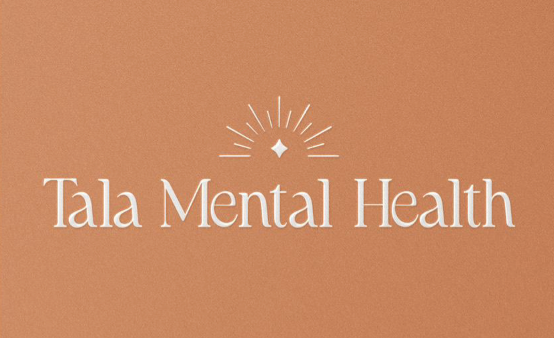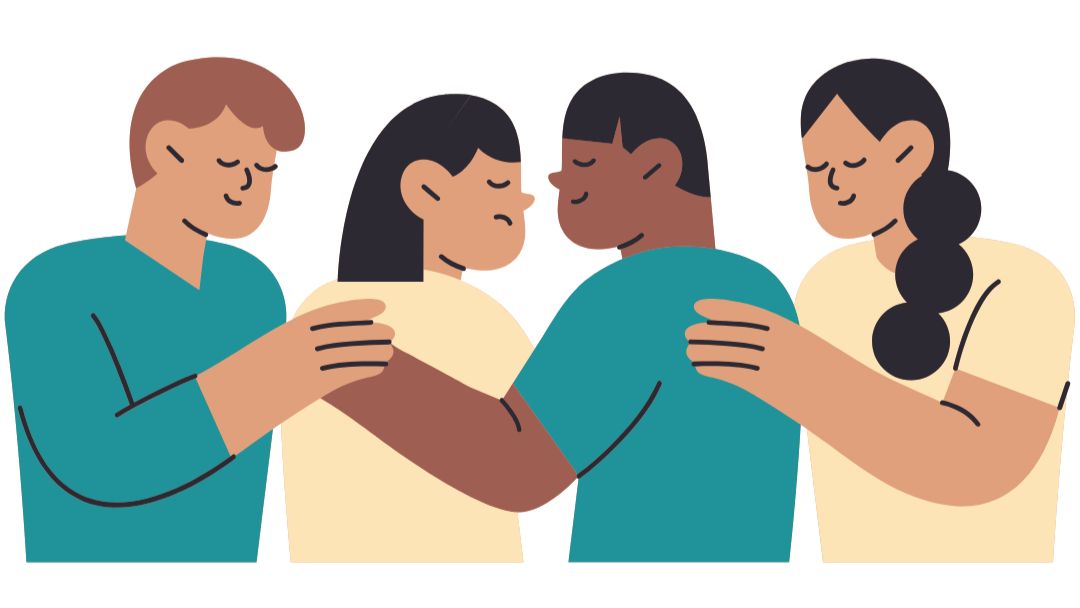Stop Rationalizing Reward
Rationalizing reward sounds like:
- “When I complete this task, only then will I take a break.”
- “Once I achieve a certain level of progress, then I will reward myself with a treat.”
- “If I can just do one more chore, then I will allow myself to go out with friends.”
Depending on our environment, we likely learned early on that we must earn rewards. In our homes and/or in school, certain achievements meant certain rewards in the form of gifts, accolades, praise, attention and more.
As adults, we might carry the same conditioning for various reasons—seeking motivation, praise and attention, expectations of self, and so on. We might even call ourselves “overachievers” and celebrate success only if we “worked hard” or “struggled” for it.
However, if we only accept rewards following the completion of tasks, we are conditioning our capacity for celebration, joy, relief and rest.
Instead of “I earned this,” practice “I deserve this.”
There is value in our process, our efforts and attempts that are worthy of celebration too.
Written by: Elaine Raif, ASW#111237
Enjoyed this message?
feel free to share it by clicking below



